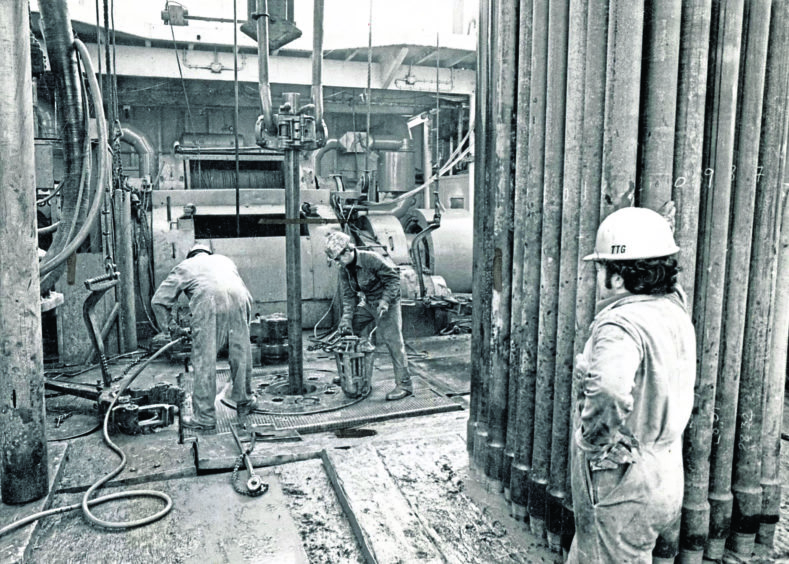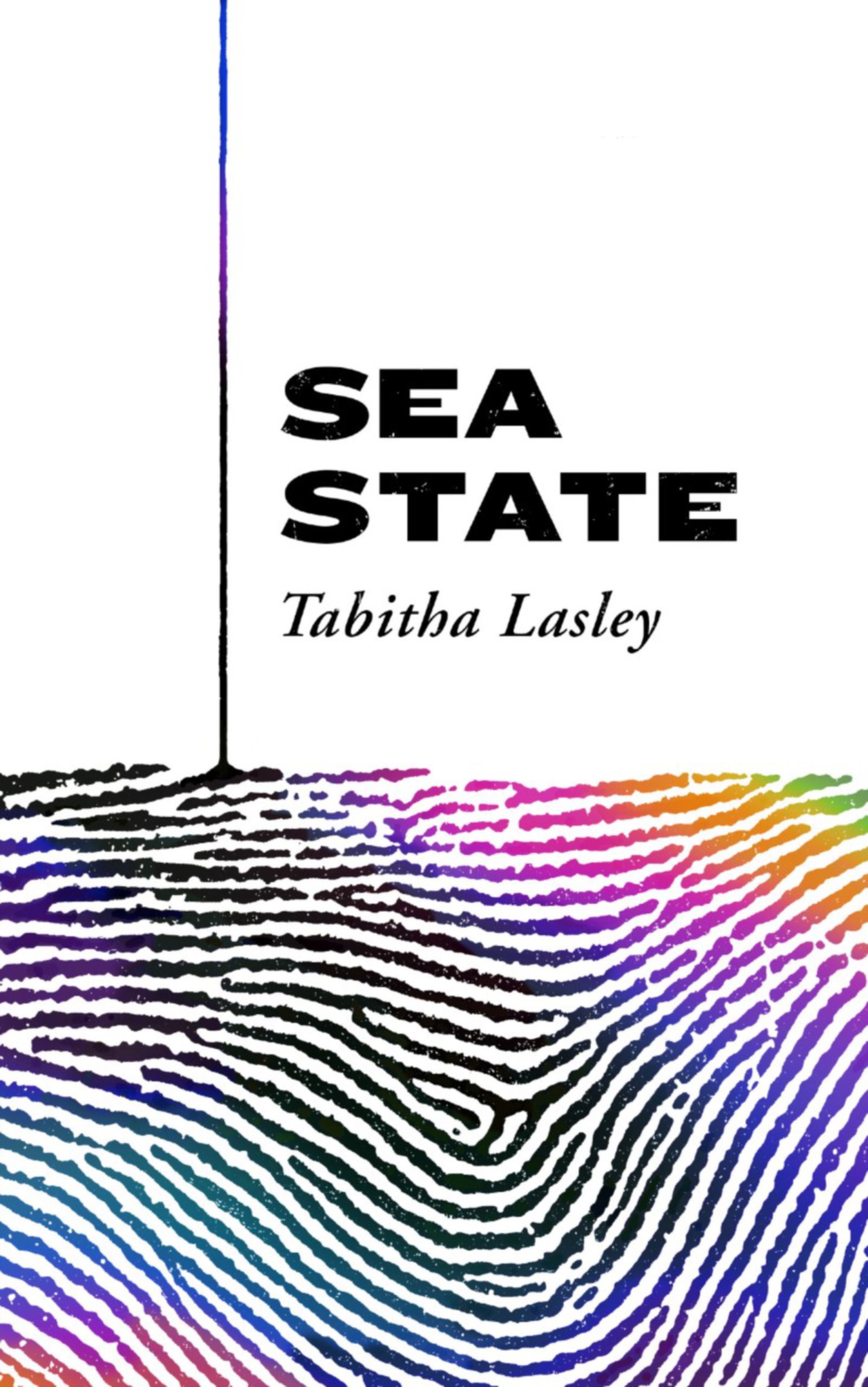
It’s a familiar Hollywood plotline; the single-minded person who confronts obstacles, struggles with strangers and ends up being tossed on the scrap heap, but keeps fighting to bring their dream to fruition.
But Tabitha Lasley wasn’t dealing in fiction when she moved to Aberdeen in 2015 to investigate the lives of the oil workers who have been at the heart of the north-east economy for nearly half a century.
The former London property journalist hit a brick wall in getting help from the oil companies so she decided to travel to Aberdeen and speak to workers when they were in bars, clubs and casinos.
The picture which emerges is of a solitary culture, both for the men who journey offshore, and their partners, often left looking after children, trying to combine jobs with balancing the books.
And, as she soon discovered, the world of riggers, roustabouts and roughnecks is a man’s domain with some very old-fashioned attitudes.
She recalled: “I learned a lot about the industry, the terminology and the shift patterns and how the men came back from the rigs wanting to let their hair down and, often, that meant heading straight to the pub.
“I was interested in examining how so many men coped with being in a restricted environment, and I heard so many stories about arguments and
fall-outs and people being depressed and how grudges built up over many years.
“There was a tale of somebody who reached the end of their tether, filled their pockets with tools and threw themselves off the side. One man told me he had killed another man.
“But there were other times where I could see the influence of so many men together: it was like a prison or a barracks or a football crowd. A place where women were routinely described as ‘slags’ or ‘sluts’ or worse.
“I’ve tried not to generalise. I met a lot of kind, generous people. But a lot of things were a shock.”
Tabitha’s work features myriad emotions, but sometimes, the most unvarnished anecdotes pack the biggest punch.
One of her interviewees told her: “I once shared a room with a rigger who was on Piper Alpha [which exploded with the death of 167 men on July 6 1988].
“He was feart to jump. There was an older guy trying to will him on, but he wouldn’t do it. So the old guy ended up grabbing hold of him and jumping.
“When they hit the water, the old guy’s life jacket came up, broke his neck, and he died. The lad still seemed very affected by it [more than 25 years later].”
Tabitha hasn’t reached any grandiose psychological conclusions in Sea State. The details stack up, gradually emphasising the often complex relationship between those who man the rigs and others.
Tabitha said: “The book’s real subject is money, and the way a person with money can exert control over their surroundings.
“It’s a dynamic I saw over and over again: the more money a man earned, the more he thought he should be inoculated from criticism, and the less agency his partner had. High earning men often think they can do as they please, and to a certain extent, they are right.”
It’s a fairly bleak assessment, but those promoting STEM subjects (science, technology, engineering and mathematics) have their work cut out, particularly given the thousands of jobs which have been lost in the North Sea in recent years.
Recommended for you

 © Supplied by 4th Estate
© Supplied by 4th Estate